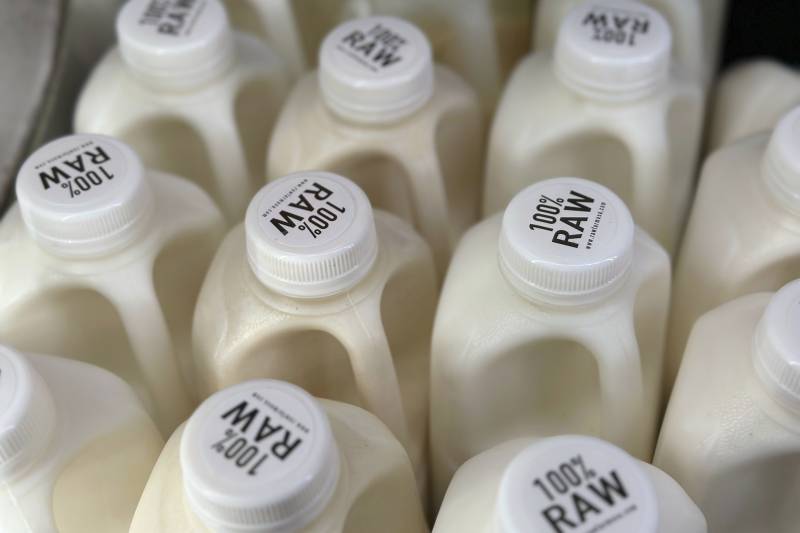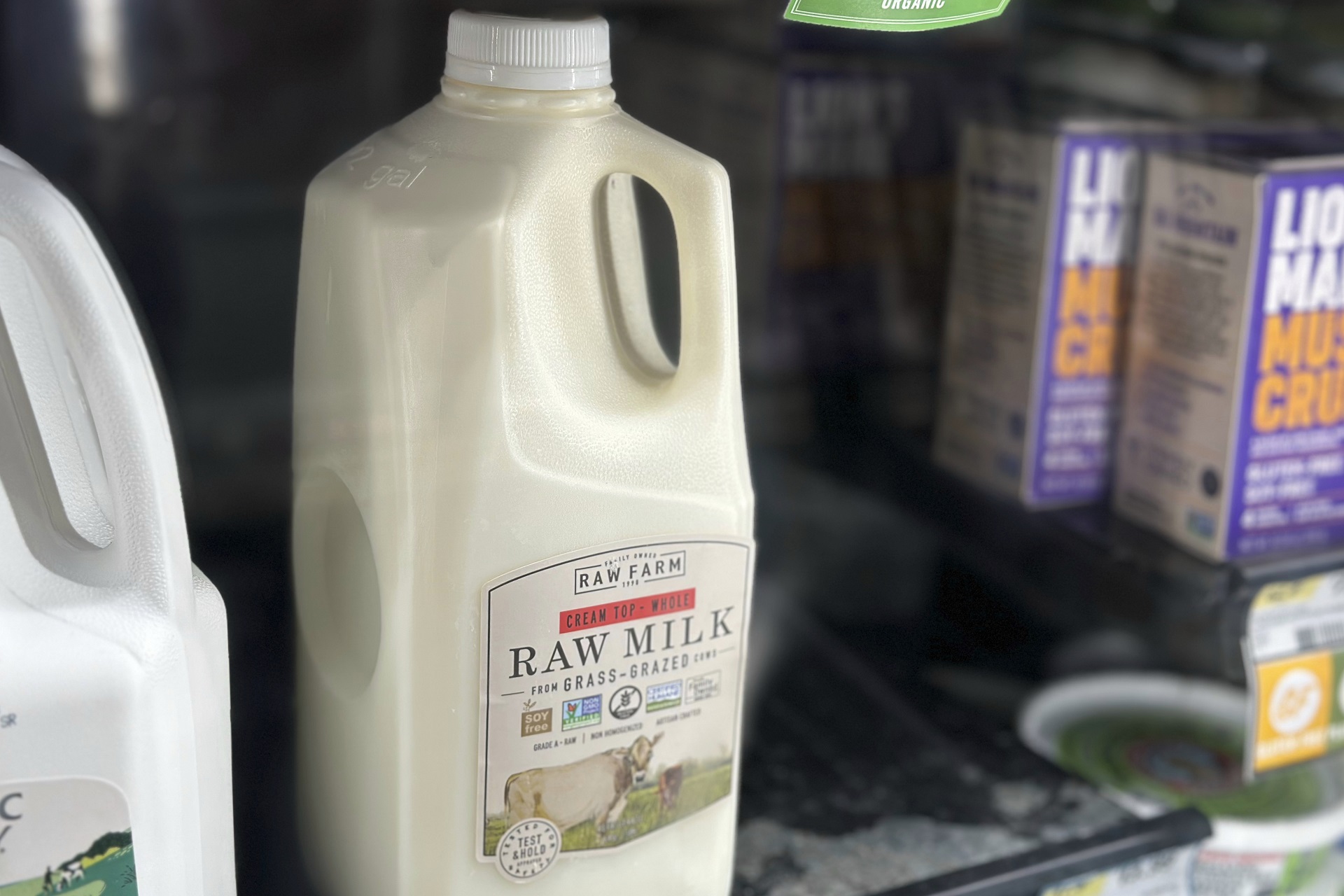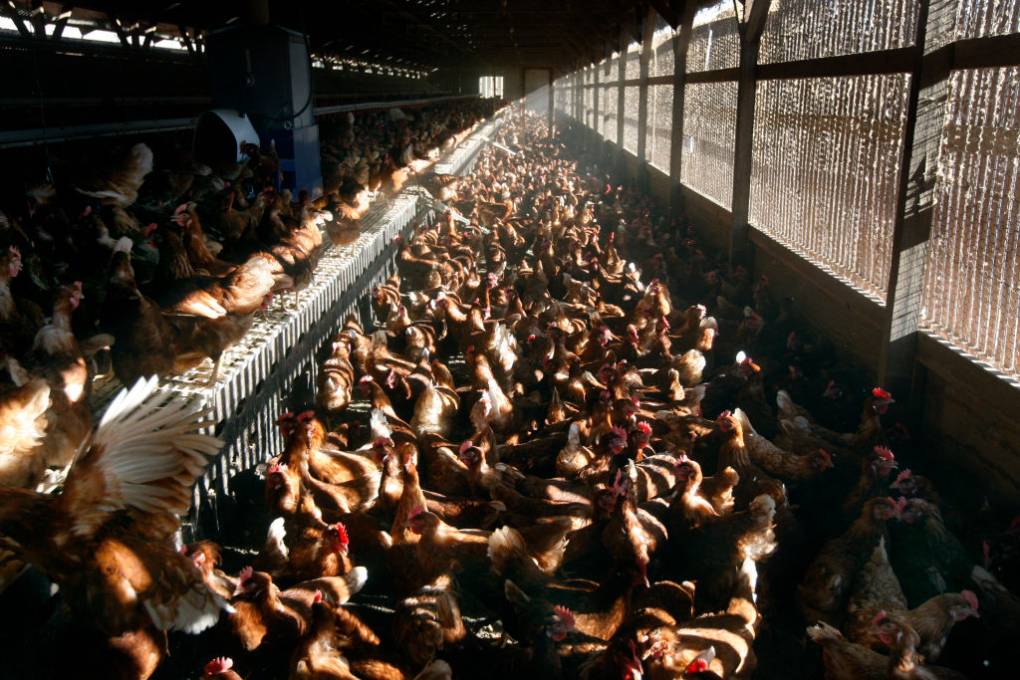The surge surprises Donald Schaffner, a Rutgers University food science professor who called the trend “absolutely stunning.”
“Food safety experts like me are just simply left shaking their heads,” he said.
From 1998 to 2018, the CDC documented more than 200 illness outbreaks traced to raw milk, which sickened more than 2,600 people and hospitalized more than 225.
Raw milk is far more likely than pasteurized milk to cause illnesses and hospitalizations linked to dangerous bacteria such as campylobacter, listeria, salmonella and E. coli, research shows.
Before milk standards were adopted in 1924, about 25% of foodborne illnesses in the U.S. were related to dairy consumption, said Alex O’Brien, safety and quality coordinator for the Center for Dairy Research. Now, dairy products account for about 1% of such illnesses, he said.
“I liken drinking raw milk to playing Russian roulette,” O’Brien said. The more times people consume it, the greater the chance they’ll get sick, he added.
Despite the risks, about 4.4% of U.S. adults — nearly 11 million people — report that they drink raw milk at least once each year and about 1% said they consume it each week, according to a 2022 FDA study.
Bonni Gilley, 75, of Fresno, said she has raised generations of her family on raw milk and unpasteurized cream and butter because she believes “it’s so healthy” and lacks additives.
Reports of bird flu in dairy cattle have not made her think twice about drinking raw milk, Gilley said.
“If anything, it is accelerating my thoughts about raw milk,” she said, partly because she doesn’t trust government officials.
Such views are part of a larger problem of government mistrust and a rejection of expertise, said Matthew Motta, who studies health misinformation at Boston University.
“It’s not that people are stupid or ignorant or that they don’t know what the science is,” he said. “They’re motivated to reject it on the basis of partisanship, their political ideology, their religion, their cultural values.”
CDC and FDA officials didn’t respond to questions about the rising popularity of raw milk.
Motta suggested that the agencies should push back with social media posts extolling the health effects of pasteurized milk.
“Communicators need to make an effort to understand why people consume raw milk and try to meet them where they are,” he said.



